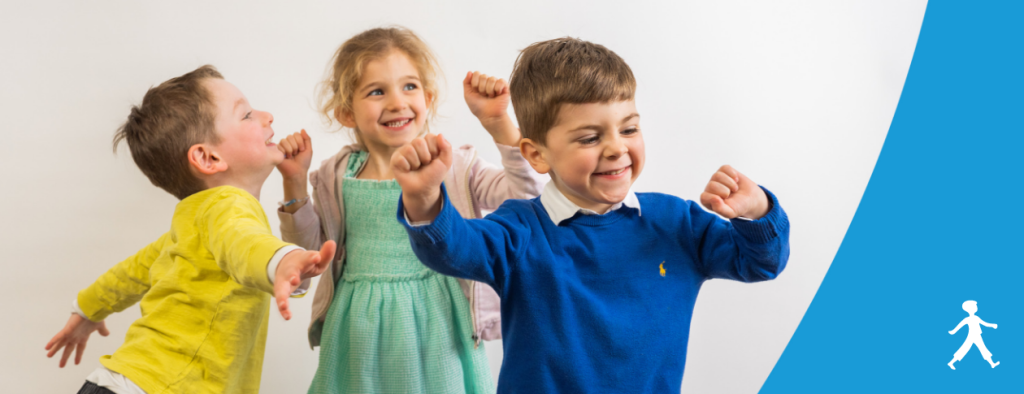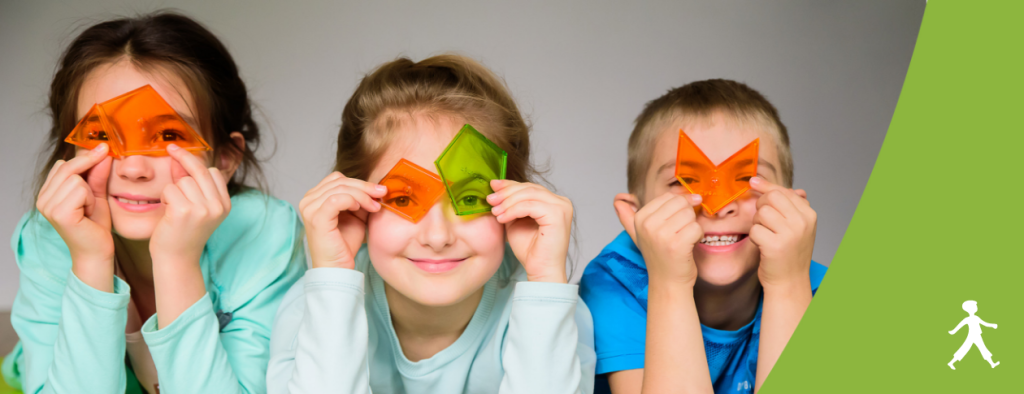
Children are Natural Scientists
Children are naturally curious and constantly explore their immediate environment and their place within it. Our teachers nurture this natural tendency to allow the children to grow in their abilities, to make discoveries and to become creative and great thinkers. Our i-Sci program provides children with the opportunity to extend their natural curiosity, understanding of the world around them and build theories. Science exploration in early childhood helps children develop skills, attitudes and ways of thinking that are important to almost every area of learning.
There are many ways of looking at and understanding the natural world around us. Art, religion, science, culture and literature, to name a few, all have different philosophies to explain our world. Our 4-part i-Sci program exposes children to much more than science skills and concepts. It gives them the opportunity to explore, experiment, create and problem solve through the scientific method (observing, classifying, experimenting, predicting, drawing conclusions and communicating ideas).
We use simple and repeatable experiments carried out in a safe and supportive learning environment. These expose children to basic scientific principles and laws and promoting problem-solving skills. Indoor gardening enables children to observe changes closely and notice different phenomena, leading to awareness and appreciation for ecology and nature. Language and literacy skills are developed through increased vocabulary and the opportunities to ask questions and solve problems.
Children learn through the scientific method (observing, classifying, experimenting, predicting, drawing conclusions, and communicating ideas) which provide children with the tools to notice relationships that are the foundations for science.
Our science program exposes children to much more than science skills and concepts. It gives them the opportunity to explore, experiment, create, and problem-solve. Language and literacy skills are developed through increased vocabulary and the opportunities to ask questions and solve problems. Preschoolers are able to refine their use of language as they talk about what they do or explain what they discover.
The Helen Doron classroom is a stimulating environment that supports active discovery and the opportunity to ask questions, inquire, and practice scientific thinking. We use simple and repeatable experiments carried out in a safe and supportive learning environment, exposing children to basic scientific principles and laws and promoting problem-solving skills. Indoor gardening enables children to observe changes closely and notice different phenomena. This program nurtures awareness and appreciation for ecology and nature.
Children can apply their emerging mathematical skills in the meaningful context of discovery. They will use all of these skills—in school, on the job, and in everyday life. This program gives children increased observation and problem-solving skills, build self-confidence and confidence in their environment and develops language through increased vocabulary and an opportunity to ask and answer questions.




